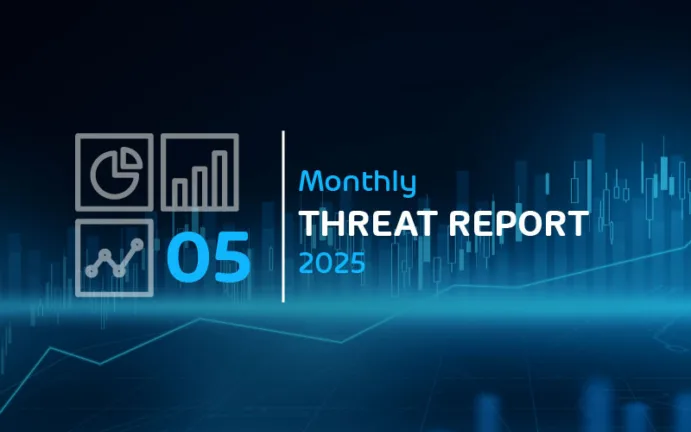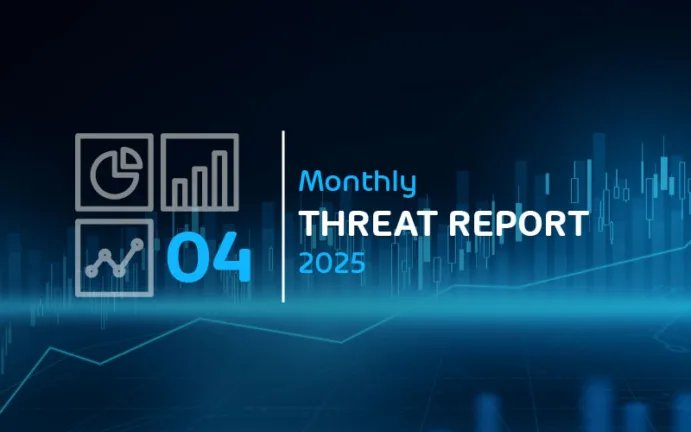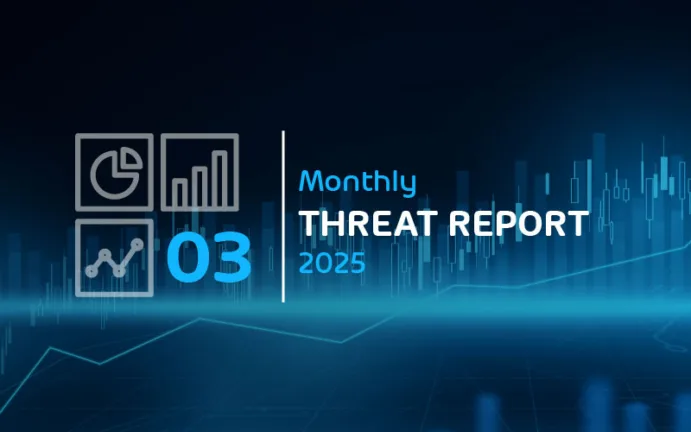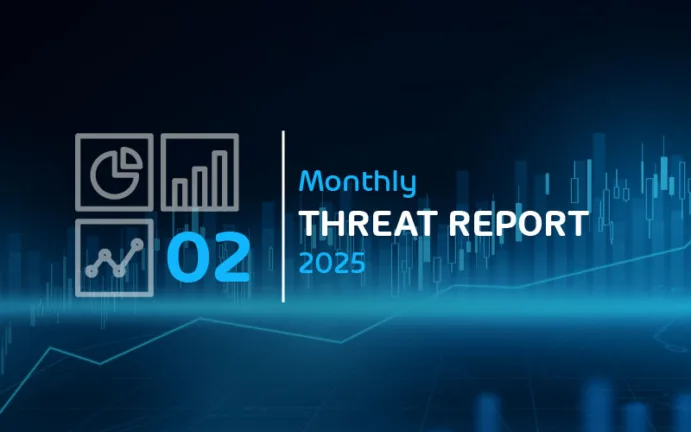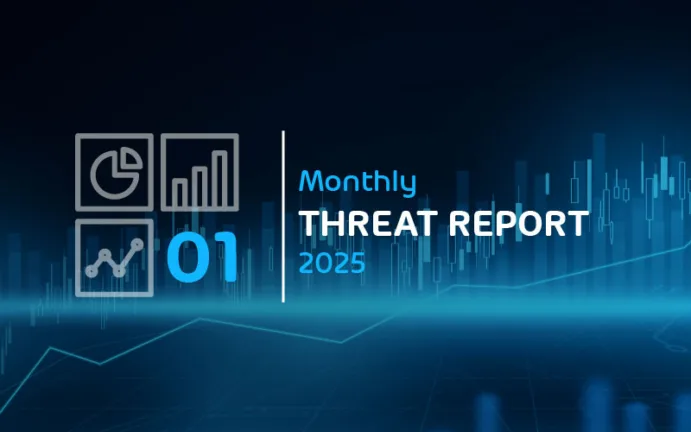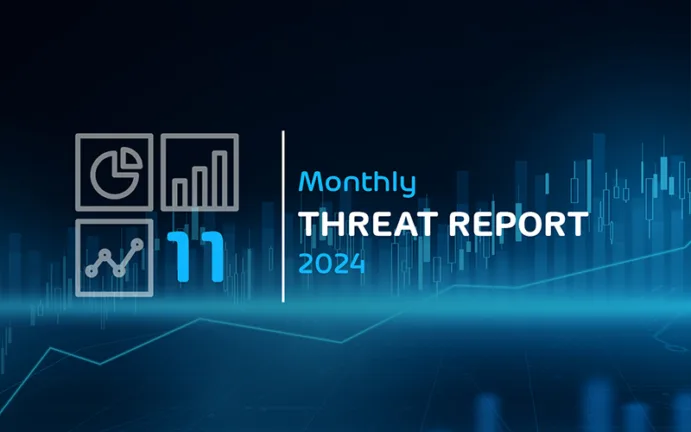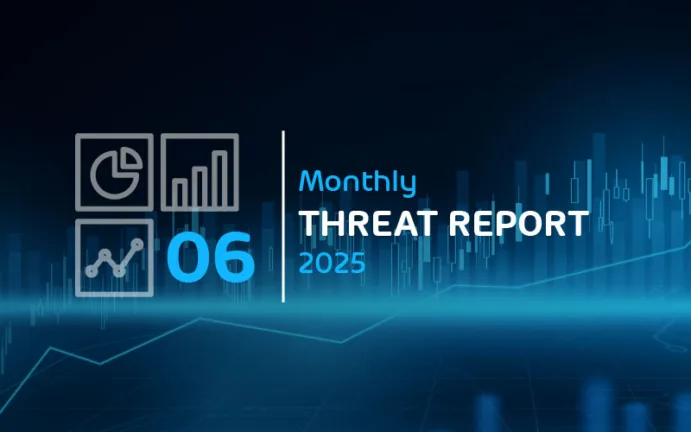


Welcome to Security Lab Insights, your central hub for the latest email security intelligence. Here, you’ll find a comprehensive collection of in-depth analysis from Hornetsecurity’s Security Lab, specializing in forensic examinations of current and critical security threats. Designed for CISOs, Microsoft 365 admins, and all cybersecurity enthusiasts, this hub will keep you informed about the latest trends and best practices to safeguard your organization against evolving cyber threats. Explore our research library to discover valuable insights and stay ahead of the curve.


